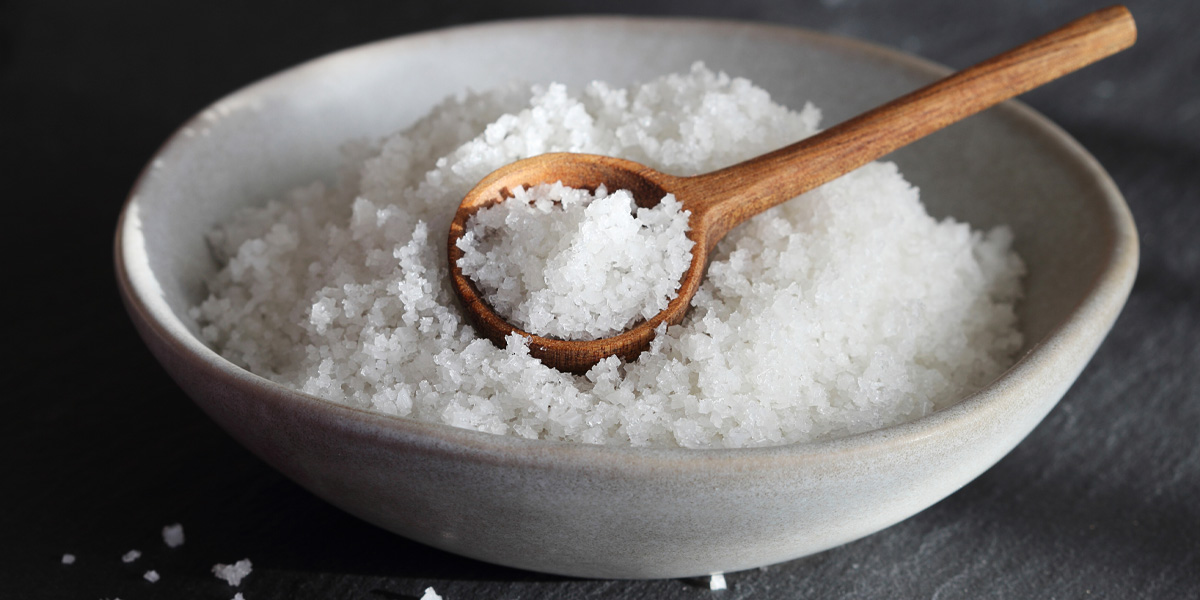
Salt substitutes are products designed to provide a flavor similar to salt while reducing sodium intake. Here are some common and natural salt substitutes that you can consider:
Herbs and spices: Enhance the flavor of your meals with a variety of herbs and spices. Options like basil, thyme, rosemary, oregano, cumin, turmeric, paprika, and garlic powder can add depth and complexity to your dishes without relying solely on salt.
Lemon or lime juice and citrus zest: Freshly squeezed lemon or lime juice can provide a tangy and bright flavor to your food. It can be used in dressings, marinades, or as a finishing touch on cooked dishes. You can also use the grated zest of citrus fruits, such as oranges, lemons, or limes, to add a burst of flavor to your dishes. It works well in both savory and sweet recipes.
Vinegar: Different types of vinegar, such as balsamic, apple cider, or red wine vinegar, can add acidity and flavor to your meals. They work well in salad dressings, sauces, or as a seasoning.
Salt-free seasoning blends and condiments: Look for salt-free seasoning blends and condiments that are available in stores. These products often contain a combination of dried herbs, garlic powder, onion powder, and other ingredients that add flavor without the sodium, or they may simply cut back on the amount of sodium that is contained in the product. You can make your own by mixing a variety of herbs, spices, and other flavorings.
Seaweed: Seaweed, such as nori or dulse flakes, can provide a savory and slightly salty flavor. It can be sprinkled on dishes like salads, soups, or stir-fries.
It may take some experimentation to find the salt substitute that you most enjoy, but it will be worth the effort to cut back on your sodium intake. Additionally, if you have any specific dietary concerns or health conditions, it’s advisable to consult with a healthcare professional or registered dietitian before making significant changes to your sodium intake.


